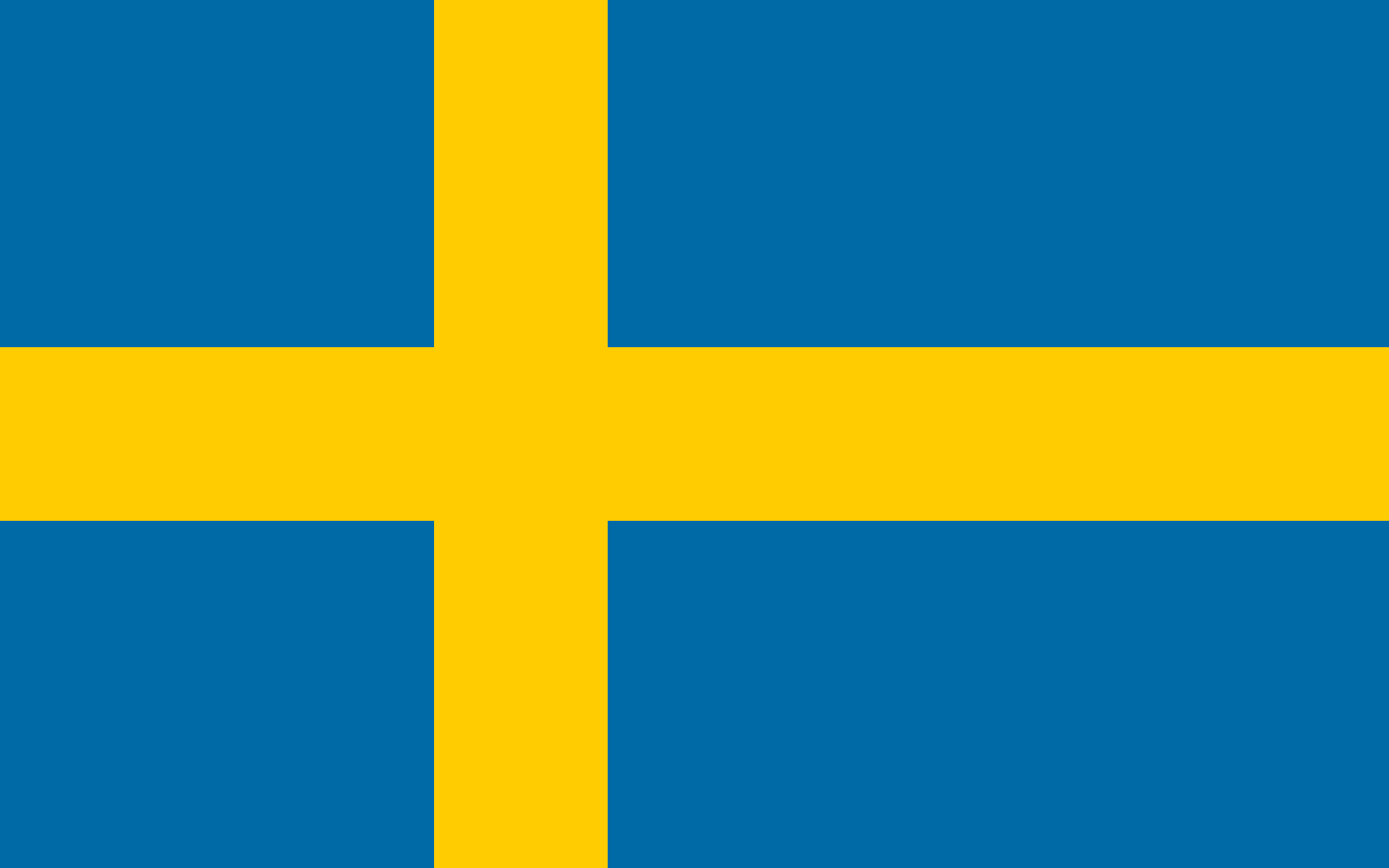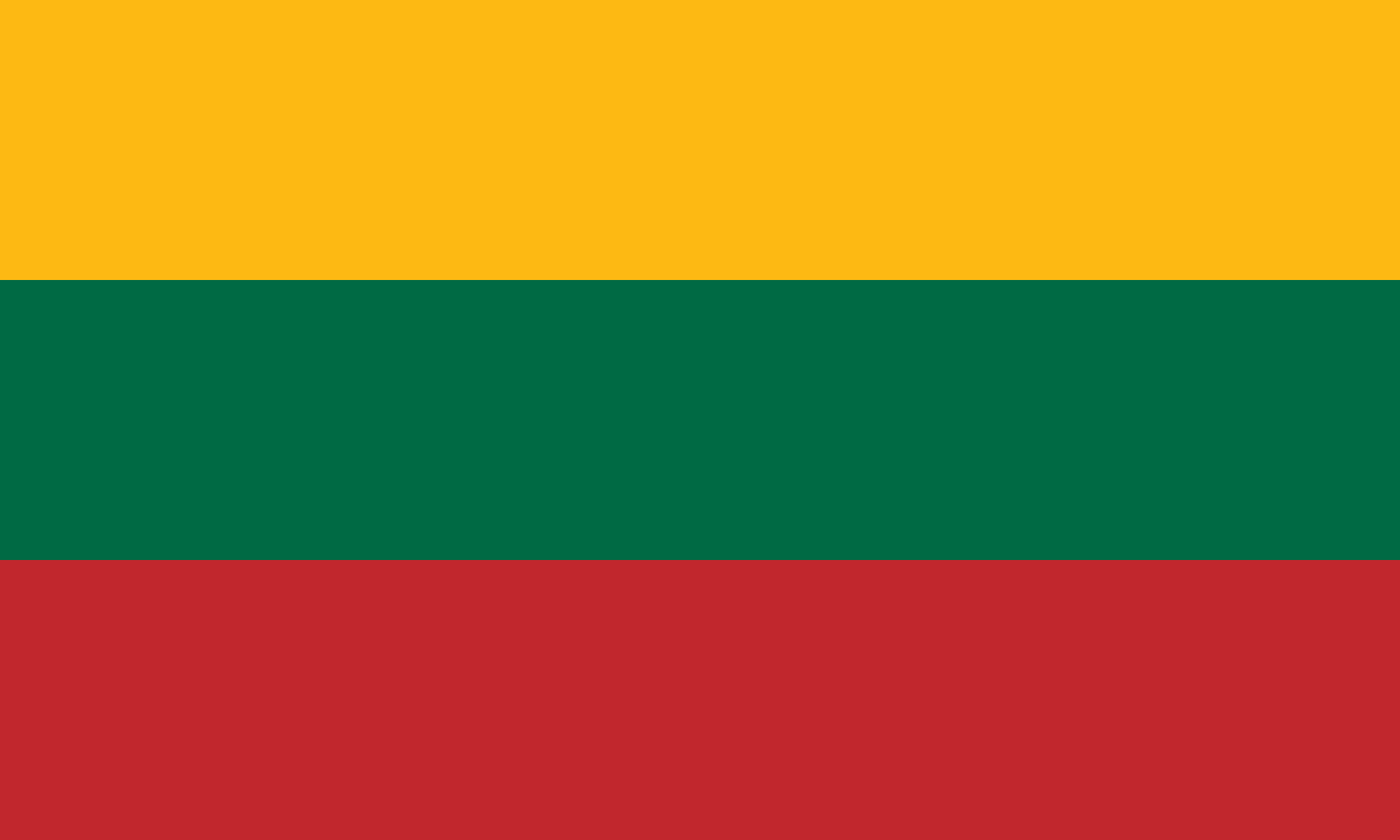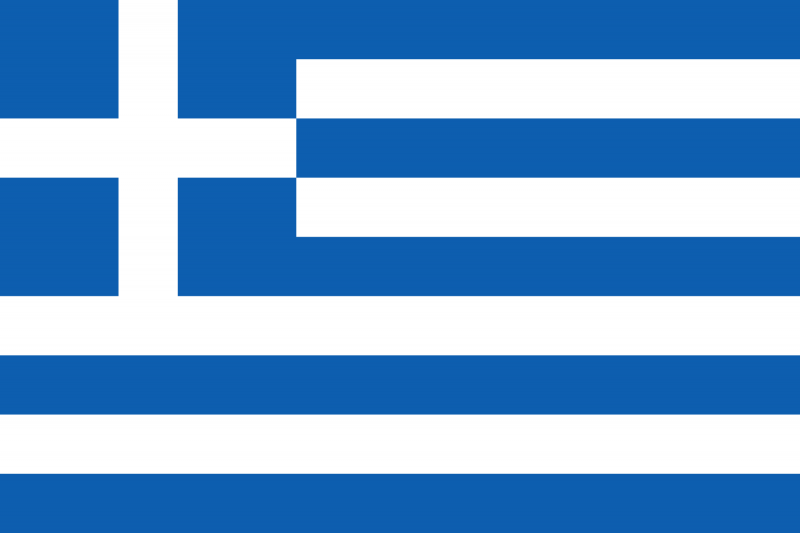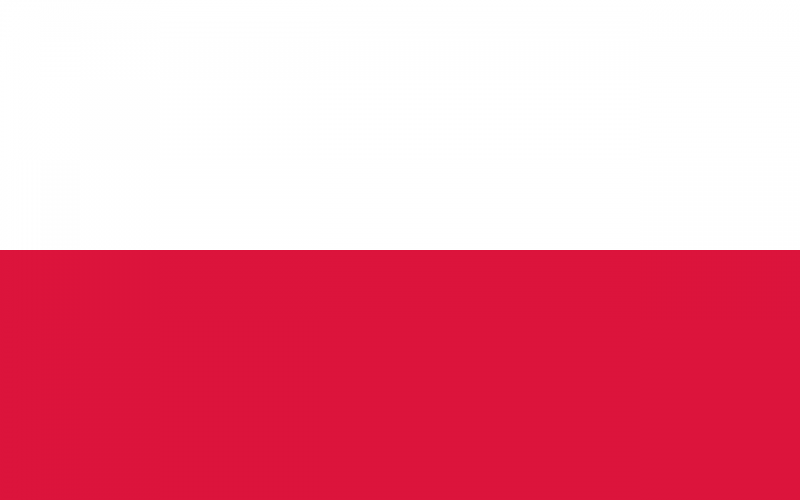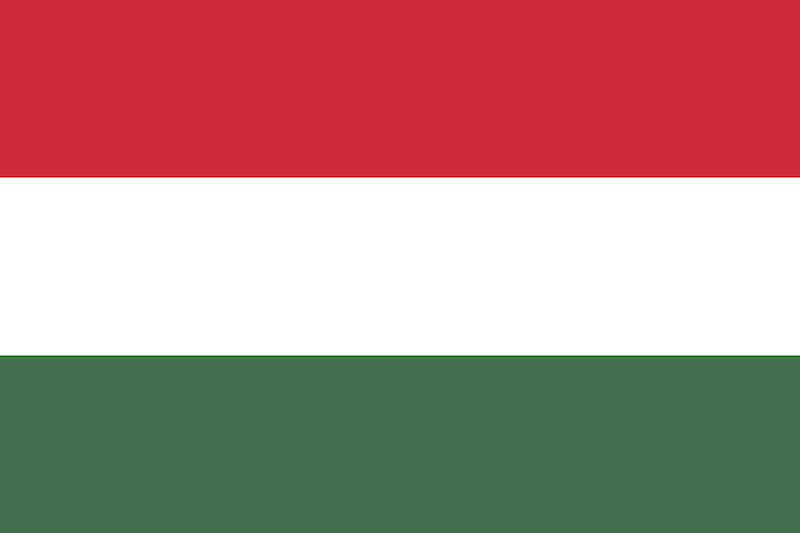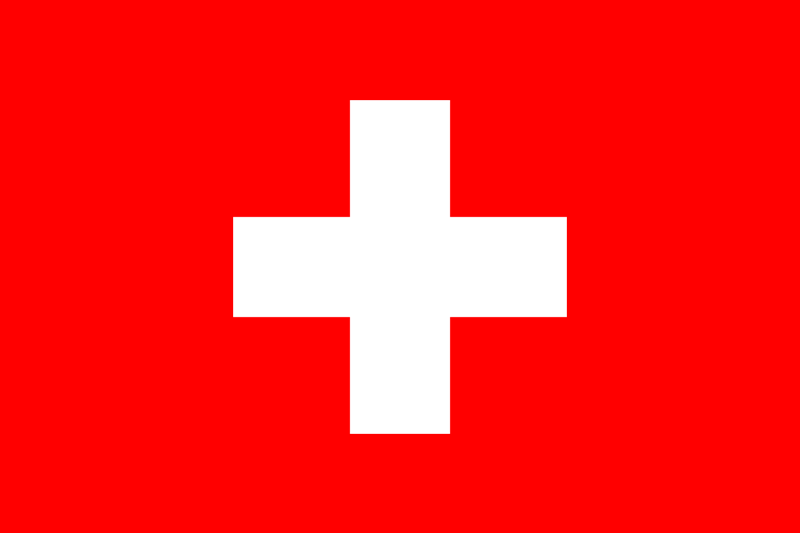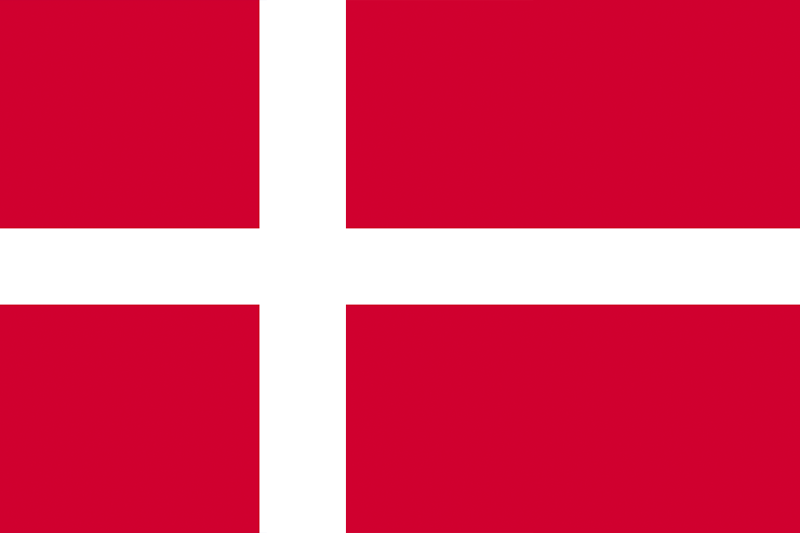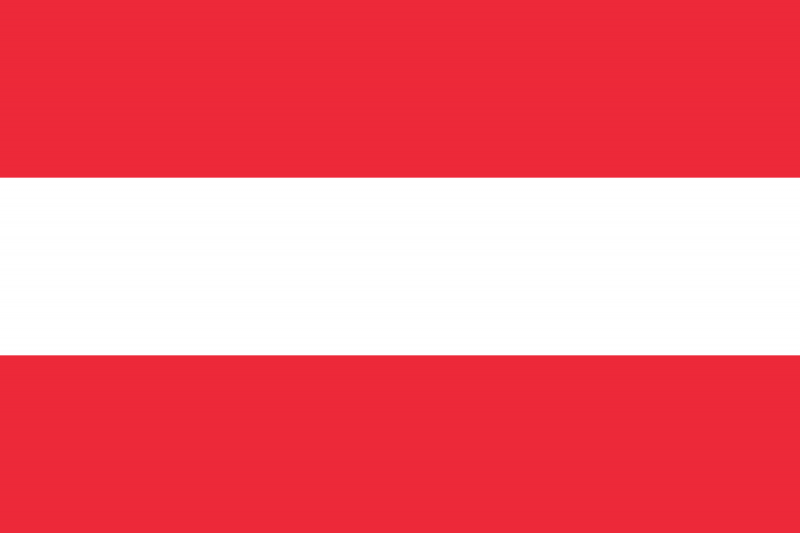 Italy
ItalyThe Italian Way of Populism
Within the partnership with the Association of the European Affairs Master at Sciences Po (AMAE)
The expansion of radicalization in Europe is by now a matter of fact. The geopolitical international situation has contributed to the formation of extremist sentiment around the continent and it does not seem about to stop. While Populist parties have always been present in the political context, at the moment their expansion is worrying the public, especially at the European level. There seems to be a common thread between these actors in the different countries.
Italy is a singular example of populist expansion. What is peculiar is its particular focus on xenophobia. Italy has, in fact, always been more involved than other political actors in the dynamics with the middle-east and especially with Libya during the 1990s. It is therefore curious that unlike the similar case of Spain, it is one of the countries in Europe struggling with integration the most.
The political framework is extremely variegated in the country as is the situation surrounding Populism. The difficult situation at the last national election did not make things easier and the communication difficulties among the different public actors are encouraging this phenomena.
Lega Nord – A radicalized discourse targeting migration and the European acquis
When talking about “Populism” in Italy, the first political actor that springs to mind is Lega Nord. This is a right wing party associated with features of nationalism, Euroscepticism and federalism. Founded in 1989 by the President for life Umberto Bossi, it has been known for eccentric ideas, as for example its secessionist program for the Italian Northern Regions.
The current secretary is Matteo Salvini, who has expressed since the beginning a willingness to collaborate with the main Euroscepticism far-right parties in Europe. His positions often cause a stir among the wider Italian public. Looking at some of his statements we can easily understand why. For instance, he once proposed to create seats only for Italians on public transportation because of the security level drop due to immigration problems.
“Matteo Salvini once proposed to create seats only for Italians on public transportation because of the security level drop due to immigration problems”
As many other right-wing Populist actors in Europe, in the international arena Lega Nord maintains a particularly tough position on the migrant crisis, and more generally on immigration. Considering the geographical position and the constant migration crisis that Italy has been facing during the last years, it is not difficult to imagine how easy it can be to promote Populist argumentation about this issue. The supposed link between the high rate of unemployment experienced during the last years and the migratory flux has always been one the ideological warhorses of Populist parties such as Lega Nord (“…they steal our jobs…”). Another point, forcefully put forth through Populist propaganda, is the security issue related to the large amount of illegal migrants that arrive in Italy every day. The population is concerned about the increasing security threat, especially in the peripheries, that a huge migratory influx can create. In this context, parties like Lega Nord usually tend to capitalize on these kinds of fears to drive further their political objectives.
The European Union, and issues of national political sovereignty in relation to it, are also highly discussed. Lega Nord has a strong anti-EU orientation and tends to put much blame on the Institutions or on other Member States, calling Schengen into question and even proposing the idea of a Referendum on the possibility for Italy to leave the Union or to leave the Eurozone.
The inflation of Populism
Populism, as a term in the Italian political scenario, is extremely widespread. Almost every political actor has been accused, at least once, of being Populist and therefore the expression is inflated. According to one of the main experts on Populism in Italy, Marco Tarchi[1], the ruling classes use the term as a fusion between demagogy and dilettantism, clearly with a negative connotation, to discredit whoever tries to contest them. The Populism phenomena have developed in Italy in all political directions, from left to right.
For instance, the other main party commonly accused of being Populist is Movimento Cinque Stelle. The party is so accused because it blames the political class in its entirety, and sees in the citizens the capacity to take decisions independently from it, for example through the usage of Referenda or online surveys. The situation is peculiar in and of itself, and even though this party is on paper completely different from Lega Nord – both in its historical evolution and its political lines and orientation – the two actors are often compared and depicted as similar.
However, analysing more closely the main points of the two actors we can observe that they usually stand by different positions. The Movimento Cinque Stelle’s position on the immigration problem, for instance, is not against the idea of immigration itself (as in the case of Lega Nord) but it is against the way the issue has been managed in the country.
Another example is same-sex civil unions legislation, recently proposed and widely discussed in Italy. While Lega Nord is generally against marriage between same-sex couples, and it was expressly against the legislation to introduce the possibility for them to be in the same legal situation of a lawfully married couple, Movimento Cinque Stelle is on paper not against civil unions as they generally have a more progressive approach than Lega Nord.
A certain agenda-setting power
It is interesting in this context to analyse the output of the 2013 election in populist terms. The so-called Populist parties have been protagonists. On one hand, Lega Nord was part of the centre-right wing coalition of Silvio Berlusconi, which reached the 29,13% of votes in the House of Representatives and managed to come out at the second place (only 0,41% less than the centre-left wing party, placed first). The party itself without the coalition was not the main one though, reaching alone only the 4,08%. It is however significant that it was part of the main opposition to the winning party inside the Parliament. On the other hand, the Movimento Cinque Stelle did not establish any coalition in contrary to almost all the other main political actors and managed to reach alone the 25,55% of votes. If we consider the single actors, the populist parties mattered as agenda-setting power[2].
The media coverage/attitude towards a certain political actor is considered one of the key elements for the political support outcome. Lega Nord is relatively well covered by the national media. One of the reasons could be that it addresses very popular issues and also it advances extreme instances, very productive for the newspapers’ economy. While populist parties like to see themselves as victims of system-owned medias, as parties like AfD in Germany (Lügenpresse) and Front National in France do it, the reality often shows how true the contrary is.
What minorities are affected?
It is not difficult to identify the minority that is targeted the most by Populists and extremists: asylum seekers and immigrants. They are the scapegoat at this critical junction in the wider European debate, as well as in the near future. In recent years, Lega Nord didn’t hesitate to use xenophobic slogans such as “Si alla polenta; no al cous cous”[3]. The central question then is: to what extent are these political actors able to influence public opinion and hence shape policy-making at a national or EU level?
“In recent years, Lega Nord didn’t hesitate to use xenophobic slogans such as ‘Si alla polenta; no al cous cous'”
At the moment the official Italian position has not been radically influenced by extremist claims on the immigration issue. Italy is not calling into question the Schengen agreement. Yet the number of interest groups opposing further integration, and voicing borderline racism, is growing. The emerging security issue in Europe is not helping the pro-integrationist cause and social media is an instrument through which populist xenophobic rhetoric can quickly take root. Even though the number of asylum-seekers dropped slightly in the end of 2015 and the beginning of 2016, Italy remains one of the Hotspots in Europe. If the EU is not able to demonstrate a capacity to face this problem as a single and unified actor these populist feelings could gain more popularity and have strong consequences on the European project.
Religious radicalization – two extremes feeding from each other
Islam is the second largest religion in Italy after Christianity, due to migratory fluxes during the years. However, it corresponds just to the 1,9% of the population. Considering the huge number of Muslims who arrived in Italy due to the middle-east situation, the country experienced problems of integration. The lack of information about Islam did not help the integration process and there is a tendency to erroneously associate Islam with terrorism and violence.
After the Paris attacks of the thirteenth of November, these feelings worsened and some political actors even capitalised on this to advance their political claims. Before Christmas, a great polemic took place around the necessity and the right (or not) to have the crib and cross inside public buildings, such as schools or tribunals. The discussion was based around the “Italian religious identity”, fearing a possible overwhelming of the Muslim radicalism.
Immediately after the Paris attacks, an Italian city councillor, Ilaria Giorgetti, proposed to display the crucifix in public, in all the schools, in response to what happened in France[4]. She is a member of the party Popolo delle Libertà, the coalition historically led by Silvio Berlusconi. She found support in the face of Lega Nord and Fratelli d’Italia (a right-wing party founded by ex members of the Popolo delle Libertà). Even though the Mayor of the City of Bologna condemned this proposal, defining it as a counterproductive and a dangerous move, the fact had a strong echo, used by the supportive parties to intensify the debate around migration and integration.
“Following the latest information, 90 Italians left for Syria”
Considering Italy is a secular state, the fact that a political debate around such an issue has taken place is indicative of a pre-existing division among the population, exposing a certain political religion-related ‘obsession’. It is important to note that the Government’s official position on the fight of religious extremism is radically different. The Italian Prime Minister, Matteo Renzi, after the Paris events proposed a plan focused on funding on the implementation of security measures, as well as on Culture. More specifically he proposed to create a 500€ bonus for 550.000 young people to spend in theatres, museums and concerts, to enhance the level of cultural education among young people[5]. In response to that, Lega Nord took to the streets to protest, asking for a tougher legislation on immigration and borders control, banning the use of the Islamic veil and introducing the obligation of the crucifix in public schools.
If extremist parties are using the fear in order to instrumentalize and create amalgam about islam, radical islamism grows with the european dynamic one can observe. Following the latest information, 90 Italians left for Syria[6] – which is notably less than countries like France or Belgium. However, radicalization also happens on the italian ground, and observers such as foreign policy expert Lorenzo Vidino are talking about home-grown Islamism for the italian case[7]. The government, in its fight against violence-promoting circles, expelled a citizen that represented a threat in January 2016[8]. Redjep Ljimani, salafist, was the 67th citizen being expelled from Italy since the end of 2014. However, it is to be said that Prime Minister Matteo Renzi repeated, after the Brussels attacks, that Italy has “taken all the necessary security measures, although there is no evidence of a specific threat in Italy”[9].
Conclusions
It is evident that Italy is not an exception in the European scenario concerning Populism and extremisms. The situation is probably not going to change in the near future, especially considering the intensification of the Middle-East conflict and the increasing level of migration towards Europe. As never before, the population is a very easy target for Populist argumentation and a European solution needs to be found in order to give a strong signal of a unified common position. At this point, the most effective weapon against the increasing of these fears and hate seems to be information, being able to give people the instrument to really understand the situation and it could give a chance to the formation of realistic and independent thoughts, which is the basis for tolerance.
Sources:
[1] Allegranti (David) (2016): “Chi è il populista nell’Italia di Beppe Grillo”, on: www.wired.it, Attualità.
[2] Elezioni 2013. Il Sole 24 ore. Italia (2013). Web Mar 2016.
[3] Europe 1 (2011): Tour d’Europe des affiches de la haine, on: www.lelab.europe1.fr.
[4] Marceddu, David (2015): “Parigi, Giorgetti: crocifisso nelle scuole. Merola non ci sta”, on: Il Fatto Quotidiano.
[5] Il Fatto Quotidiano (2015): “Terrorismo, Renzi: “Un miliardo per la sicurezza e uno per la cultura. La bellezza sarà più forte della barbarie””, on: www.ilfattoquotidiano.it.
[6] Marone, Francesco (2016): Italian Jihadists in Syria and Iraq, on: www.jtr.st-andrews.ac.uk.
[7] Vidino, Lorenzo (2014): Home-Grown Jihadism in Italy, on: www.ispionline.it.
[8] Repubblica.it (2016): Espulso padre dello studente che dopo gli attentati di Parigi inneggiava all’Is in classe, on: www.repubblica.it.
[9] Ansa (2016): Renzy says all terror measures taken, no specific threat, on: www.ansa.it.






